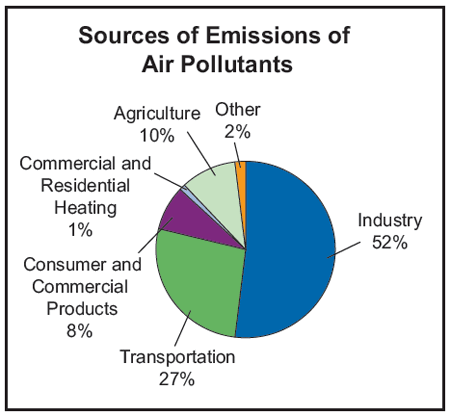“Have they been to a grocery store lately. Many items are at 100% inflation! Please explain this.”
Well, none of my grocery items have increased by 100%, but the rate of inflation for food items definitely exceeds the overall rate of inflation. As to why, here is my take on it, to which I’m sure that others can add more information:
Years ago, most of us accepted that we wouldn’t get things like strawberries, lettuce, and melons in the winter. Nowadays, produce departments are full of things that are “out-of-season” for our own geographic area, and–obviously–those out of season produce items are transported very long distances.
For decades, we have been used to produce that comes from California’s Imperial Valley, but nowadays we also have abundant supplies of fruit, berries, & vegetables from South America, Israel, and North Africa, greenhouse-grown peppers from The Netherlands, Israel, and Canada, and all manner of exotic produce from all over the globe. The stuff from California is still mostly transported by truck, but the items from overseas are flown in–at high cost.
The reduction in fuel prices has already had a positive effect on the price of produce that is transported by truck, but anything transported by air is always going to come at a premium price, and people have demonstrated that they want those goods–even with a stiff price penalty.
Then, you have to consider that the increasing affluence in Second World and Third World countries has led to the demand from those areas for food items that they need or want. The planes that transport food to us from overseas also transport food from our country to China, where there is much more disposable income than previously. So, the supply of available food for American consumers is actually reduced by this overseas demand, and the usual law of supply & demand then increases our prices for food.
Then, we have the increased demand for convenience foods that are processed before we get them. The cost of processing adds a huge percentage to the cost for consumers. On a side note, I think that we may have reached the tipping point with convenience foods, now that some people are buying hard-boiled eggs from the supermarket. Apparently there are a lot of folks nowadays who–literally–don’t know how to boil water, and that lack of “skill” comes at a price. (If many people no longer know how to boil water, there is little hope for us, I think!)
Just recently, the availability of eggs has decreased, and the price–naturally–has increased. This is the result of California’s new regulations mandating much more space per chicken in hen houses. I won’t get into the moral and ethical principles driving this new reality, but it has definitely led to higher egg prices.
The ways that I keep my food costs as low as possible are…
Belonging to a CSA (Community-Sponsored Agriculture) enterprise during the summer.
This way, instead of buying produce that has been transported hundreds–or perhaps thousands–of miles, I am getting incredibly fresh produce that is grown less than 10 miles from my home, and that is cheaper than the stuff in the stores. The farm from which I get most of my summer produce is a family farm that has been in existence since 1743, and I am proud to help them continue their farming today.
Supplementing my CSA produce with home-grown produce.
I can never seem to get enough tomatoes, and since Jersey tomatoes are still the best that you can buy, growing my own gives me much more of these really tasty treats. I also grow my own string beans, peppers, zucchini, pears, nectarines, and some herbs. And, by giving my excess home harvests to my neighbors, I make a lot of other people happy. One of those neighbors is so happy with my fruit & veggie gifts that he plows my driveway in the winter–gratis!
Joining a “warehouse club”–like Costco
The business model of these clubs is to make their profit from the membership fees, and as a result, their prices are about as low as you can go. For instance, the blueberries that I have been buying from them recently are 20% cheaper than those in the supermarkets. Their prices on chicken, fish, and red meats are also substantially lower than what I would have to pay in a supermarket–in addition to being of higher quality, generally speaking.
Avoiding convenience foods, and making as much as possible from scratch.
I couldn’t do this as much during my working years, but now that I am retired, I have the time for cooking from scratch, which saves an incredible amount of money, as compared to buying convenience foods. It is also far healthier, as I can control the amount of salt & fat, and I don’t need to use the chemical preservatives that commercial food producers rely on.
So…while there are factors like fuel costs and foreign competition for our food supply that we can’t control, there are definitely factors that are under our control. To a very great extent, we are our own enemy, but you can reduce that factor significantly if you take certain steps, such as I outlined above.
